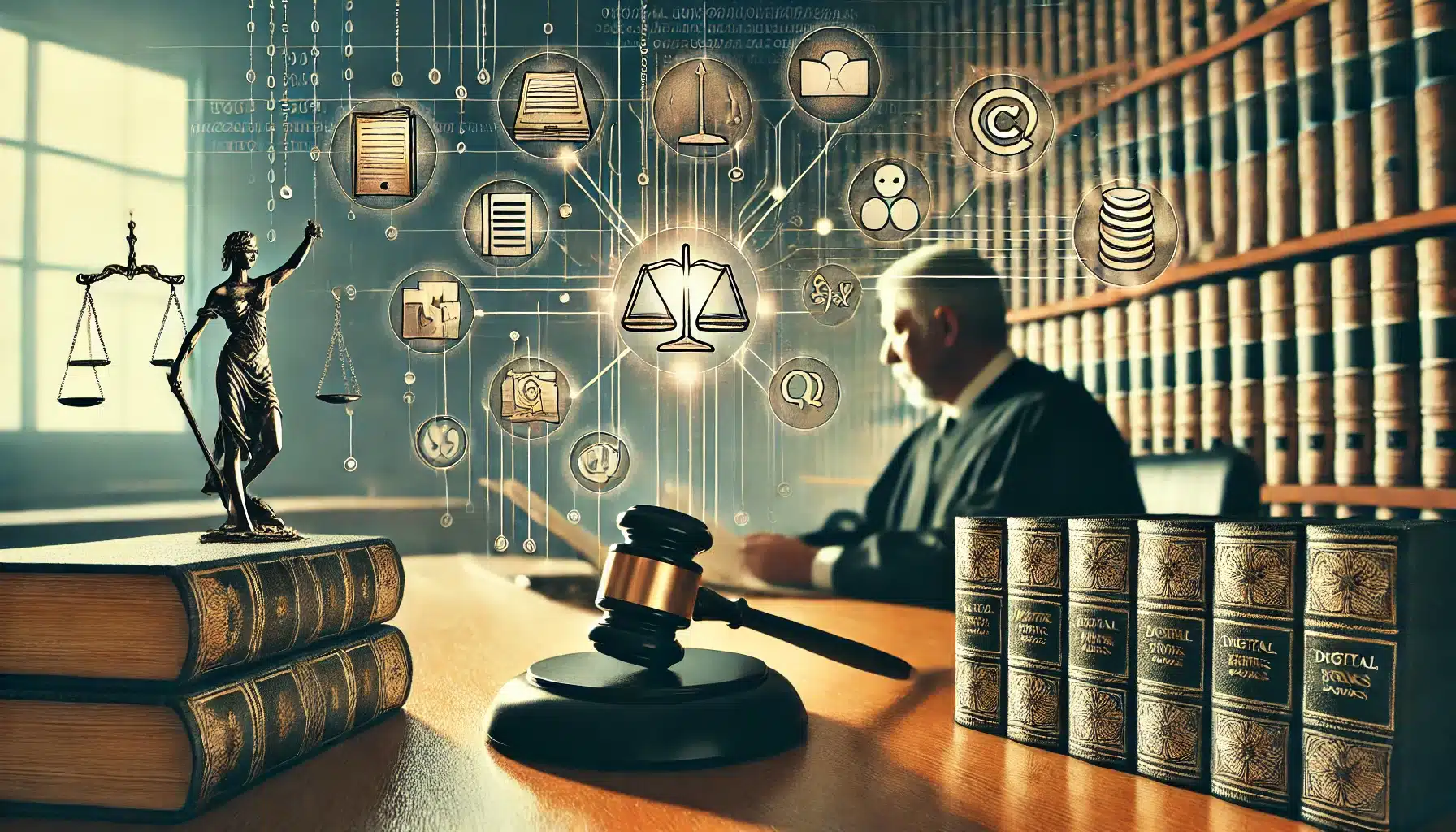On September 4, 2024, the Second Circuit US Court of Appeals ruled against the Internet Archive, upholding a decision that its controlled digital lending practices violate copyright law. The ruling will impact the digital availability of over 500,000 books, severely limiting the Archive’s ability to

In a significant blow to digital preservation efforts, the Second Circuit US Court of Appeals has ruled against the Internet Archive, finding that its controlled digital lending (CDL) practices violate copyright law. The Archive’s attempt to provide broader access to books during the pandemic through its National Emergency Library (NEL) was deemed unlawful, leading to the restriction of digital lending for over 500,000 books. This ruling, issued on September 4, 2024, is the latest development in a long-running legal dispute between the Internet Archive and major publishing houses.
Background of the Case
- The legal battle began in March 2020, when the Internet Archive, a San Francisco-based nonprofit, launched the National Emergency Library (NEL) in response to the COVID-19 pandemic. The NEL allowed multiple users to borrow the same book simultaneously, bypassing the typical one-to-one lending ratio used in physical libraries.
- The Archive’s goal was to help students and researchers access essential materials during the global lockdown when libraries were closed. However, authors and publishers argued that this policy amounted to piracy, as the Archive was distributing complete copies of books without authorization.
Legal Action from Publishers
- In June 2020, major publishing houses, including Hachette, HarperCollins, Penguin Random House, and Wiley, filed a lawsuit against the Internet Archive, accusing it of violating copyright law by distributing complete digital copies of books under the National Emergency Library.
- The case does not involve the Archive’s preservation of websites, music, or out-of-copyright materials. Instead, it focuses on the distribution of copyrighted books in digital format.
- In March 2023, Judge John G. Koeltl of the district court ruled in favor of the publishers, finding that the Archive’s practices were not protected by the fair use doctrine. He stated that the Archive’s digital copies were “derivative works” and offered no transformative value.
Recent Developments
- On September 4, 2024, the Second Circuit Court of Appeals upheld the lower court’s decision, maintaining that the Internet Archive’s digital lending practices violated copyright law. However, the appellate court clarified that the Archive is a nonprofit organization and does not operate for commercial gain.
- Maria A. Pallante, president of the Association of American Publishers, applauded the ruling, stating: “Today’s appellate decision upholds the rights of authors and publishers to license and be compensated for their books and other creative works. It also reminds us that infringement is both costly and antithetical to the public interest.”
Arguments by the Internet Archive
- Chris Freeland, the Archive’s director of library services, expressed his disappointment with the ruling, emphasizing that the Archive had been attempting to provide access to books that were available electronically elsewhere. He stated: “We are disappointed in today’s opinion about the Internet Archive’s digital lending of books that are available electronically elsewhere. We are reviewing the court’s opinion and will continue to defend the rights of libraries to own, lend, and preserve books.”
- The Internet Archive has consistently argued that its efforts fall under fair use principles and are intended to help the public, especially during extraordinary circumstances like the pandemic.
Authors’ Perspectives
- Dave Hansen, from the Author’s Alliance, criticized the ruling, noting that many authors support increased access to their works. He argued that: “Authors are researchers. Authors are readers and IA’s digital library helps those authors create new works and supports their interests in seeing their works be read. This ruling may benefit the bottom line of the largest publishers and most prominent authors, but for most, it will end up harming more than it will help.”
Impact on Digital Access and Future Litigation
- This ruling is a significant setback for the Internet Archive, which has long been considered a leader in digital preservation. The decision will prevent the Archive from lending complete digital copies of books covered by copyright without publisher permission, severely limiting access to materials in a digital format.
- The broader implications of this ruling extend beyond the Archive’s activities. As copyright law continues to evolve, particularly concerning AI tools and the use of copyrighted data in artificial intelligence training, the fair use doctrine will remain central to many legal battles. The Archive’s appeal to the fair use doctrine was ultimately rejected, setting a precedent for future cases.
Source: Hindustan Times





